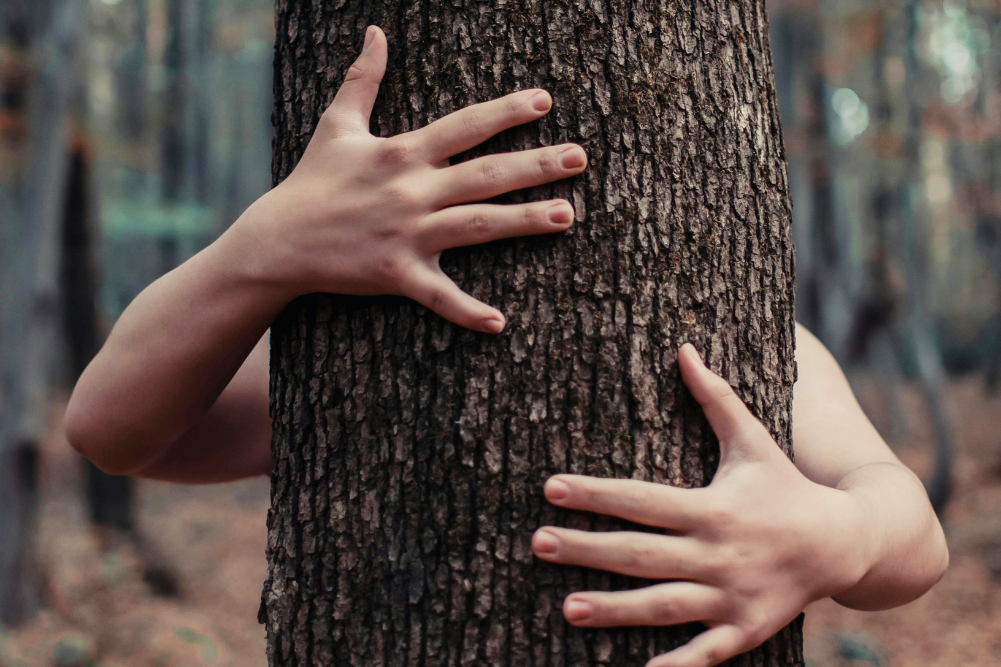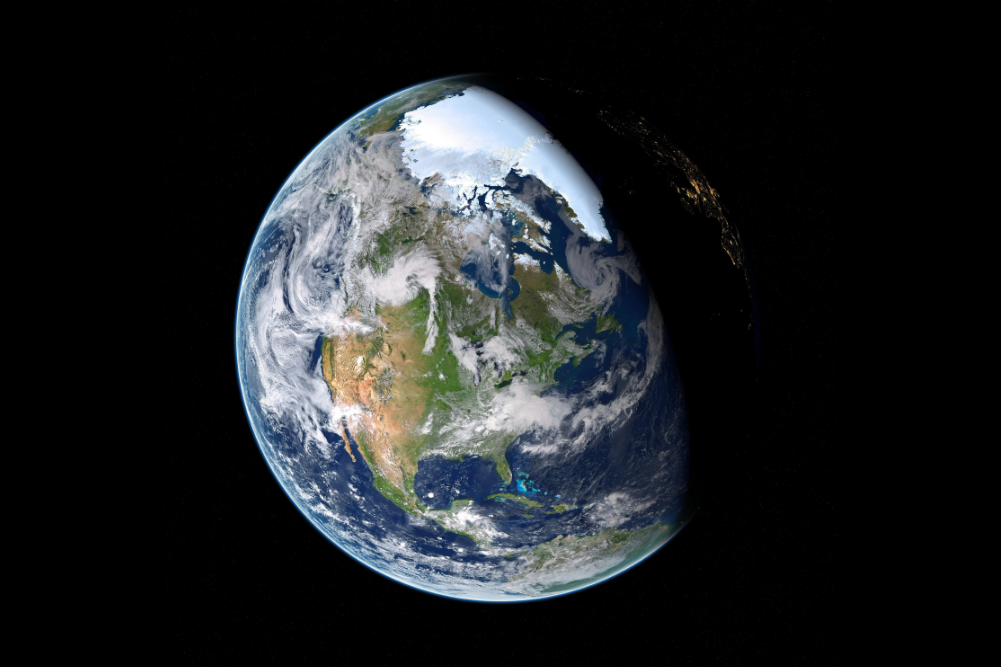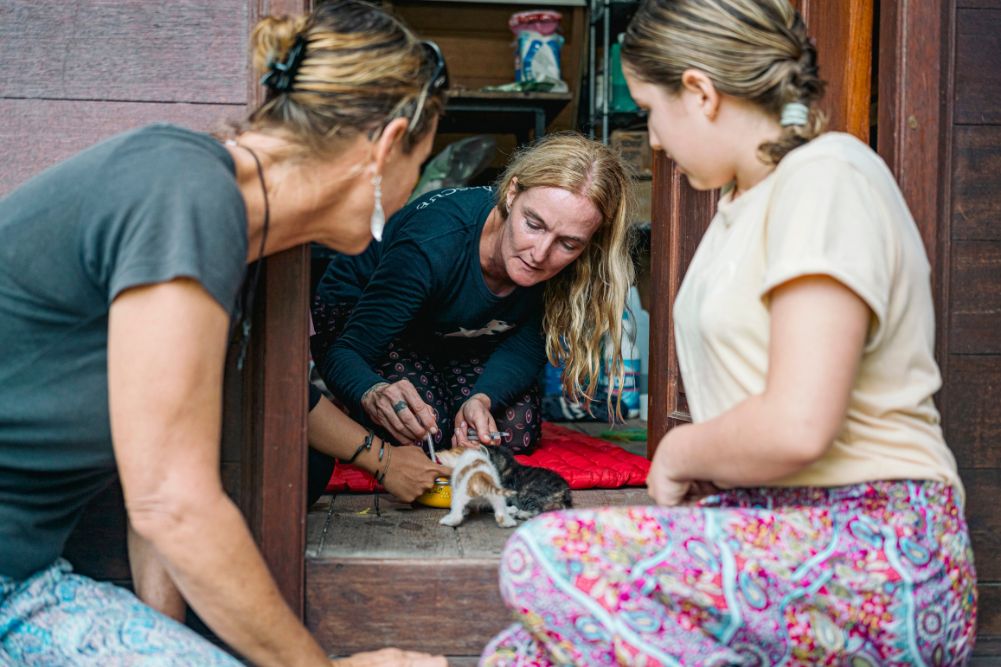4 ways of giving a fair share
The fair share of wealth across the globe is lopsided. The United Nations estimates that 5% of the population owns 95% of the world’s wealth. This has led to a groundswell of resentment. This resentment is often the cause of protest against corruption, economically abusive regimes, and resource distribution inequities. But there is also groundswell of people and organisations attempting to re-balance the wealth distribution so that 95% of the population can gain a fair share, or a least a fairer share. Fair share is not only about a more equitable distribution of wealth, but also the prevention of the misuse of the world’s resources – money, energy, water, minerals, and human resources.
The 2011 World Bank report, “World Development Report: Conflict, Security and Development” documented that the proportion of people living in extreme poverty in developing countries has declined sharply since 1999, which is good news. However, due to increased global population since 1999 the absolute number of people living in poverty is still about 1.5 billion. People are not asking to be millionaires, but they are asking for a fair share and a fair treatment.
Fair share is not only about a more equitable distribution of wealth, but also the prevention of the misuse of the world’s resources – money, energy, water, minerals, and human resources.
The author of “End Poverty – Economic Possibilities of Our Time” suggests a refined economic model. Jeffrey D. Sachs suggests there should be “fair sharing of wealth and a collusion of intelligent interests.” This of course is easier said than done. Nevertheless, at an organizational and an individual level, incremental efforts can help to address unequal distribution of wealth.
People making an active stand against unjust and misused resources are exploring four ways to give everyone a fair share:
- Conserve the natural environment
- Use the earth’s resources in a more conscientious and ethical way
- Strive for more ethical connections with others, and
- Decrease the gap between the wealthy and those in poverty.
With those four goals in mind, there are many ways that individuals can help to improve people’s fair share. Conserving the natural environment includes planting more trees and flora, while protecting the environment, habitat, and fauna. Using the earth’s resources more conscientiously includes reducing the consumption of water, energy, and minerals. This can be done around the house, the school, in organisations, in factories, and at the local government level. Efforts to improve these first two goals have been occurring for a long time by many environmental conscious people and organisations – with great results. Maintaining, up-scaling, and expanding the efforts is still important.
Striving for more ethical connections with others includes spreading kindness, volunteering, and becoming more involved at the community level. Decreasing the financial gap between people includes providing assistance to disadvantaged individuals and communities.
These four ways can make advances, small or large, towards the fair share of wealth and resources, locally and anywhere on earth.







